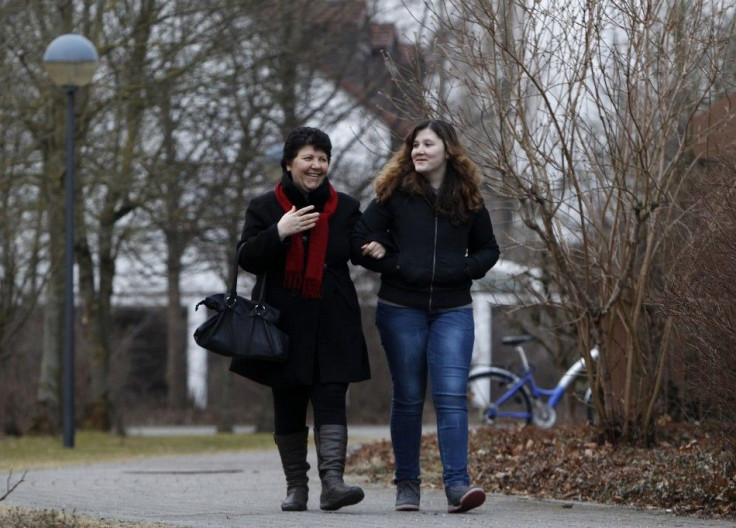Immigration To Germany Surges, As Rules Barring Eastern European Workers Lifted

Immigration to Germany, the most powerful state in Europe, jumped to its highest levels in 16 years, driven by thousands of arrivals from economically struggling countries like Greece and Spain, as well as by the lifting of prohibitions against eastern Europeans.
Government figures indicated 958,000 people moved to Germany in 2011, while 679,000 left -- a net inflow of 279,000, the highest since 1996.
The number of Greek migrants almost doubled, with the majority of arrivals to Germany coming from the new EU member states, including Poland, the Czech Republic and Hungary. The rising influx came after Germany’s seven-year exemption to EU rules on the free movement of workers expired.
Thus, according to the government, 163,000 people from Poland moved to Germany last year, 49,000 more than the prior year. Hungarian arrivals numbered 41,000, a 12,000 increase from 2010. The number of migrants from Bulgaria and Romania rose by 33 percent and 29 percent, respectively.
On a percentage basis, the biggest spikes came from Greece – 24,000 arrivals in 2011, a 90 percent jump from the prior year – and Spain – 21,000, a 52 percent increase.
Immigration rose especially from those countries hit hard by the crisis, notably Greece and Spain, the federal statistics office said.
Immigration from outside the EU showed modest gains – 11 percent from Asia; 10 percent from North America, and only 1 percent from Africa.
Almost two-thirds (65 percent) of immigrants find their way to just four German states: North Rhine-Westphalia, Bavaria, Baden-Wuerttemberg and Hesse.
Laura Gonzalez, assistant professor of finance and business economics at Fordham University in New York commented that with unemployment so high in Southern Europe amidst the debt crisis, that Germany is about the most attractive target for youths from these nations.
Those with [appropriate] language skills and professional training need to leave and the obvious destination is Germany, she said.
France has been downgraded, Belgium and Holland are entering a second recession as is the UK... Germany is the obvious choice.
Unlike much of Europe, Germany's jobless rate has been falling - it is now at the 6.8 percent figure. Germany also posted a 0.5 percent GDP growth in the first quarter of this year.
However, she added that while Germany needs thousands of new engineers every, the authorities there are getting more protective about their borders.
They want qualified labor that will integrate and stay, and they have already expressed their intention to close borders for safety and security purposes if there are summits or some other event in Germany or nearby countries,: Gonzalez noted.
Indeed, Germany's neighbor Switzerland just re-instituted bans on workers from central and eastern European EU nations.
For now, Gonzalez added, most likely, all those European citizens working in Germany will continue to be able to do so, because the EU is not breaking up any time soon.
© Copyright IBTimes 2025. All rights reserved.





















